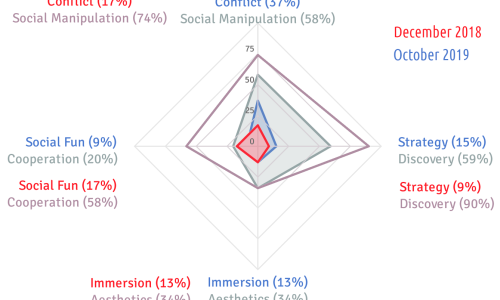
Divisions (Topic Discussion)
- Nelly
- July 20, 2024
- Board Games
Divisions are a prevalent aspect of society that can often create tension and conflict among individuals or groups. These divisions can be based on a variety of factors, such as race, gender, ethnicity, religion, socioeconomic status, or political beliefs. Regardless of their basis, divisions can have a significant impact on how people interact with one another and can shape the dynamics of a community or society as a whole.
One of the most common forms of division is racial division, which stems from historical injustices and prejudices that have been perpetuated over time. Racism continues to be a major issue in many societies, leading to discrimination, inequality, and violence against marginalized groups. Racial divisions can create a sense of “us versus them” mentality, perpetuating stereotypes and hindering efforts to promote inclusivity and diversity.
Gender divisions also play a significant role in society, with women often facing discrimination and inequality in various aspects of their lives. Gender stereotypes and expectations can limit opportunities for women in education, employment, and leadership roles, reinforcing the notion that women are inferior to men. Gender divisions can contribute to a culture of misogyny and sexism, perpetuating harmful attitudes and behaviors towards women.
Similarly, religious divisions can create tensions between different faith communities, leading to conflict and intolerance. Religious extremism and fundamentalism can fuel hatred and violence, further deepening divisions between people of different beliefs. It is crucial for individuals to respect and understand the beliefs of others, fostering mutual understanding and cooperation across religious divides.
Socioeconomic divisions also have a significant impact on society, with income inequality and poverty contributing to social disparities and injustices. People from lower socioeconomic backgrounds may face barriers to accessing education, healthcare, and opportunities for economic advancement, perpetuating cycles of poverty and marginalization. Addressing socioeconomic divisions requires equitable policies and resources that support the needs of marginalized communities and promote social mobility for all individuals.
Political divisions are another form of division that can polarize societies and hinder progress towards common goals. Partisan politics and ideological differences can create animosity and hostility between individuals with opposing viewpoints, making it challenging to find common ground and work together towards solutions. Building bridges across political divides requires open dialogue, empathy, and a willingness to listen and compromise.
In conclusion, divisions are a complex and multifaceted issue that can have far-reaching consequences on societies and individuals. It is essential for people to recognize and address divisions in a constructive and empathetic manner, promoting understanding, respect, and inclusivity. By working together to bridge divides and foster unity, we can create a more harmonious and equitable society for all.




